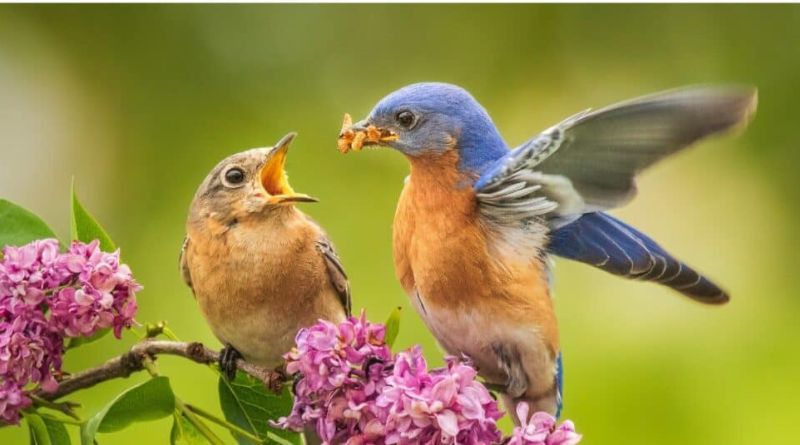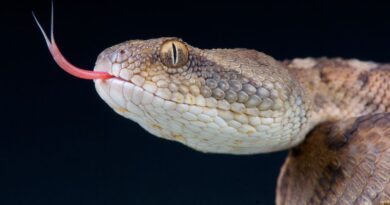If you’re a nature enthusiast and enjoy the sights and sounds of beautiful birds gracing your yard, attracting bluebirds should be on your agenda. Bluebirds are not only stunning to behold but also beneficial for your garden ecosystem. In this guide, we’ll explore the world of bluebirds and unveil seven plants that can turn your yard into a haven for these azure beauties.
Understanding Bluebirds
Types of Bluebirds
There are three primary species of bluebirds in North America: Eastern Bluebird, Western Bluebird, and Mountain Bluebird. Each species has its distinct range and habitat preferences.
Habitat Preferences
Bluebirds prefer open woodland areas, meadows, and fields with scattered trees. They are cavity nesters, often utilizing abandoned woodpecker holes or nesting boxes.
Benefits of Attracting Bluebirds
Attracting bluebirds to your yard offers several advantages beyond mere aesthetic appeal.
Pest Control
Bluebirds are voracious insectivores, feasting on a wide variety of garden pests such as caterpillars, beetles, and grasshoppers. By attracting bluebirds, you’ll naturally reduce the need for chemical pesticides.
Natural Beauty
With their vibrant blue plumage and melodious songs, bluebirds add a touch of natural beauty and serenity to any landscape.
Factors to Consider
To attract bluebirds successfully, several factors must be taken into account.
Location
Choose a location for your bluebird habitat that offers open space, preferably with nearby trees or shrubs for perching.
Nesting Boxes
Installing appropriate nesting boxes can significantly increase the likelihood of bluebirds nesting in your yard. Ensure the boxes are placed in open areas away from dense foliage and potential predators.
Food Sources
Bluebirds primarily feed on insects and berries. Incorporating plants that provide these food sources is essential for attracting and maintaining a bluebird population in your yard.
Plants That Attract Bluebirds
Several plants are known to attract bluebirds due to their berries, insects, or dense foliage.
Plant 1: Eastern Red Cedar
The berries of the Eastern Red Cedar are a favorite food source for bluebirds, attracting them throughout the year.
Plant 2: Serviceberry
Serviceberries produce delicious berries that are irresistible to bluebirds, especially in late spring and early summer.
Plant 3: Eastern Bluebird
This shrub not only produces berries but also attracts insects, making it a double delight for bluebirds.
Plant 4: Dogwood
Dogwood trees provide both berries and insects, making them a valuable addition to any bluebird-friendly garden.
Plant 5: Blackberry
Bluebirds are particularly fond of blackberry bushes, which provide abundant berries during the summer months.
Plant 6: American Holly
American Holly trees offer dense foliage for shelter and produce berries that bluebirds enjoy during the winter months.
Plant 7: Elderberry
Elderberry bushes produce clusters of small, dark berries that are a favorite food source for bluebirds in late summer.
Planting and Maintenance Tips
To ensure the success of your bluebird-friendly garden, follow these planting and maintenance tips:
- Proper Spacing: Give your plants enough space to grow and thrive without overcrowding.
- Watering Requirements: Provide adequate water, especially during dry spells, to keep your plants healthy.
- Pruning Techniques: Regular pruning helps maintain the health and shape of your plants while promoting optimal berry production.
Additional Tips for Bluebird Attraction
In addition to planting bluebird-friendly vegetation, consider the following tips to enhance bluebird habitat in your yard:
- Providing Clean Water Sources: Bluebirds need access to clean water for drinking and bathing. Consider adding a birdbath or shallow water feature to your yard.
- Minimizing Pesticide Use: Chemical pesticides can harm bluebirds directly or indirectly by reducing their insect prey. Opt for organic pest control methods whenever possible.
Conclusion
Attracting bluebirds to your yard is not only rewarding but also beneficial for your garden ecosystem. By incorporating bluebird-friendly plants and habitat features, you can create a haven for these stunning birds while enjoying the myriad benefits they bring.







